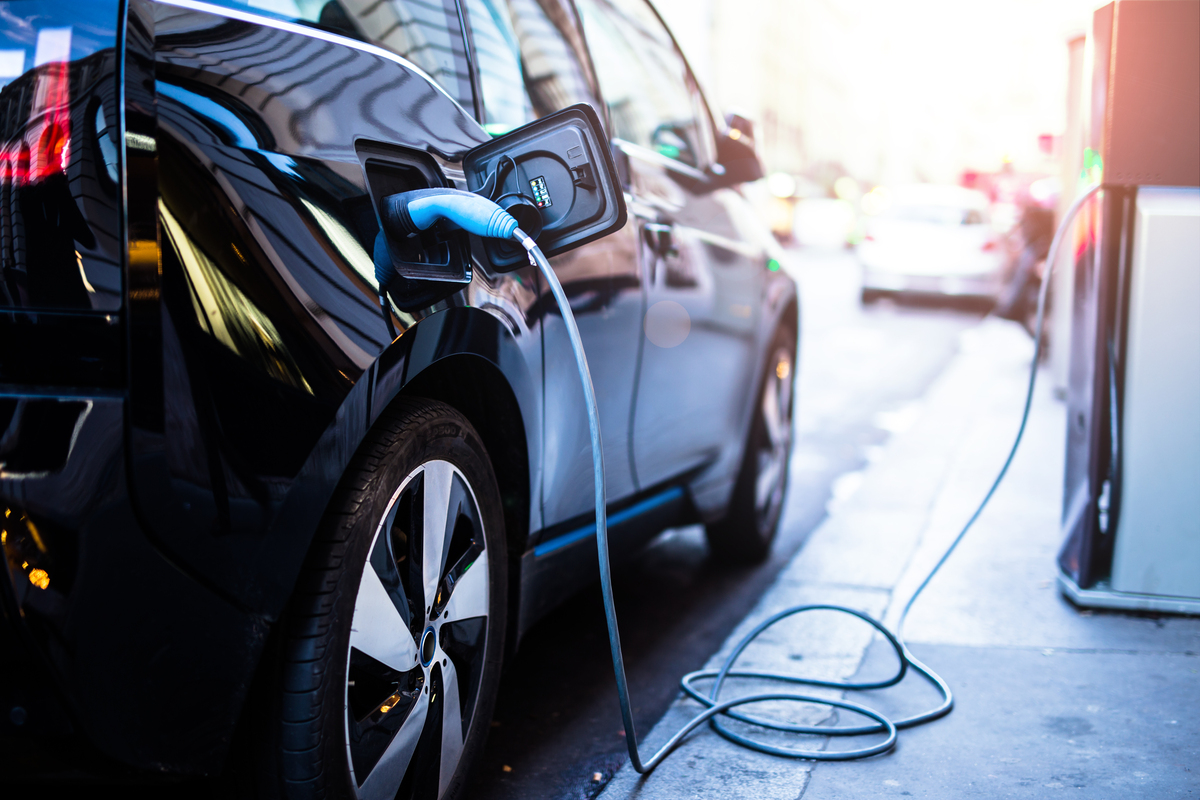Dear visitor,
You're reading 1 of your 3 free news articles this quarter
Register with us for free to get unlimited news, dedicated newsletters, and access to 5 exclusive Premium articles designed to help you stay in the know.
Join the UK's leading credit and lending community in less than 60 seconds.
50% of new cars must be electric by 2028
New legally binding rules proposed by the Department of Transport will make more than half of all new cars sold electric-powered by 2028.

Senior Journalist, covering the Credit Strategy and Turnaround, Restructuring & Insolvency News brands.
The proposed scheme will start in 2024, when 22% of the total cars sold by manufacturers will have to be electric, rising to 52% in 2028 and 88% in 2032.
The plans, which are open for consultation, are designed to speed up the transition away from new petrol and diesel cars, which will be banned from sale in 2030.
Commenting on this news, Mike Hawes - chief executive of trade body the Society of Motor Manufacturers and Traders (SMMT) - said the proposed mandate is the “most ambitious of any major market in the world”. He went on to add that regulation must encourage consumers to purchase electric vehicles (EVs), not not just “compel manufacturers to produce”.
He explained: “Any mandate must be pragmatic, flexible and reflective of every manufacturer’s long-term commitment. It must also avoid being so complex and prescriptive that it becomes a straitjacket for the market and UK manufacturing investment.
“The danger is that consumers will lack the incentive to purchase these new vehicles - vehicles that will remain more expensive than traditional petrol and diesel cars for a number of years to come - in the quantities needed, keeping their older, more polluting vehicles for even longer thereby undermining the carbon savings this regulation seeks to deliver.
“Market transformation is proven to work fastest when mandates are matched with incentives and, for automotive electrification, we also need commensurate and binding targets for infrastructure provision.”
It comes as battery electric vehicles (BEVs) continued to enjoy growth in March, with 39,315 leaving dealerships - an increase of 78.7% when compared to last year.
According to figures published by the SMMT, this is the highest volume of BEV registration ever recorded in a single month - and means more were registered in March 2022 than during the entirety of 2019, with BEVs now taking up 16.1% of the market share.
Plug-in hybrid registrations, however, declined by 7.5% to 16,037 units, although hybrids grew by 28.4% to 27,737 units. As a result, electrified vehicles comprised 34.1% of all new car registrations.
Overall, the SMMT’s figures show car registrations declined by 14.3% to 243,479 units - the weakest March since 1998. This is despite manufacturers reporting robust order books during the first quarter of 2022.
And, given that around 20% of total annual registrations are usually recorded in March, the result is massively disappointing for the sector and - according to the trade body - underscores the long-term impact it is wreaking on the industry.
Responding to these figures, Hawes said: “March is typically the biggest month of the year for the new car market, so this performance is deeply disappointing and lays bare the challenges ahead.
“While demand remains robust, this decline illustrates the severity of the global semiconductor shortage, as manufacturers strive to deliver the latest, lowest emission vehicles to eagerly awaiting customers.
“Placing orders now will be beneficial for those looking to take advantage of incentives and lower running costs for electric vehicles, especially as the Ukraine crisis could affect supply still further.
“With increasing household and business costs, government must do all it can to support consumers so that the growth of electric vehicles can be sustained and the UK’s ambitious net zero timetable delivered.”
Stay up-to-date with the latest articles from the Credit Strategy team
Get the latest industry news






